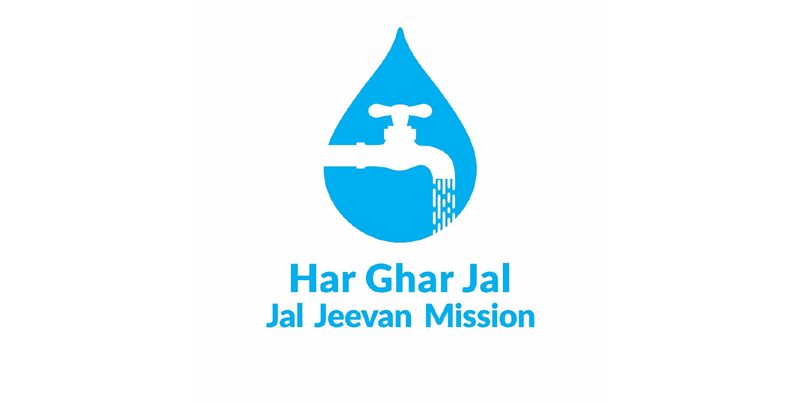In the UT of Jammu and Kashmir, the administrative body has accomplished yet another remarkable feat, as the J&K Jal Jeevan Mission (JJM) has attained a remarkable 70 percent coverage of rural households in terms of provisioning drinking water supply through tap connections. Furthermore, J&K has ascended to the second position nationally in the arena of water quality monitoring and surveillance. With the support of the UT-level team of consultants and technical guidance from experts associated with the National Jal Jeevan Mission (NJJM), cost-effective and technically feasible solutions have been embraced. It is heartening to observe the substantial mobilisation of myriad women engaged in the meticulous scrutiny of water quality. Simultaneously, a multitude of individuals are being gainfully employed to execute a diverse array of initiatives under the aegis of the Jal Jeevan Mission. Accomplishing the formidable milestone of attaining 70 percent of the predetermined target represents a remarkable feat in this regard. The noteworthy achievement of the JJM in securing the second rank merits accolades, especially when contemplating the formidable geographical and meteorological challenges inherent to the region.
However, in light of the imminent water crisis during the zenith of summer, the Jal Shakti Department must strategically formulate plans to meet forthcoming water demands. A paradigmatic instance can be found in the ancient city of Jammu, where the antiquated Panjthirthi water station has persistently been the solitary source of water supply since its inception. The recent precarious situation precipitated by almost imperceptible rainfall in Kashmir, resulting in an acute shortage of even potable water, serves as a salient lesson to be heeded. Nevertheless, it is imperative to underscore that, in parallel with the vigilance exercised in water quality monitoring and surveillance, commensurate attention must be devoted to the amplification of water sources. The gestation, strategizing, and execution of water schemes can entail protracted timeframes, often spanning years before realization. Hence, the exigency of affording this matter timely and targeted scrutiny becomes indisputable, precluding the eventuality of crisis escalation.


